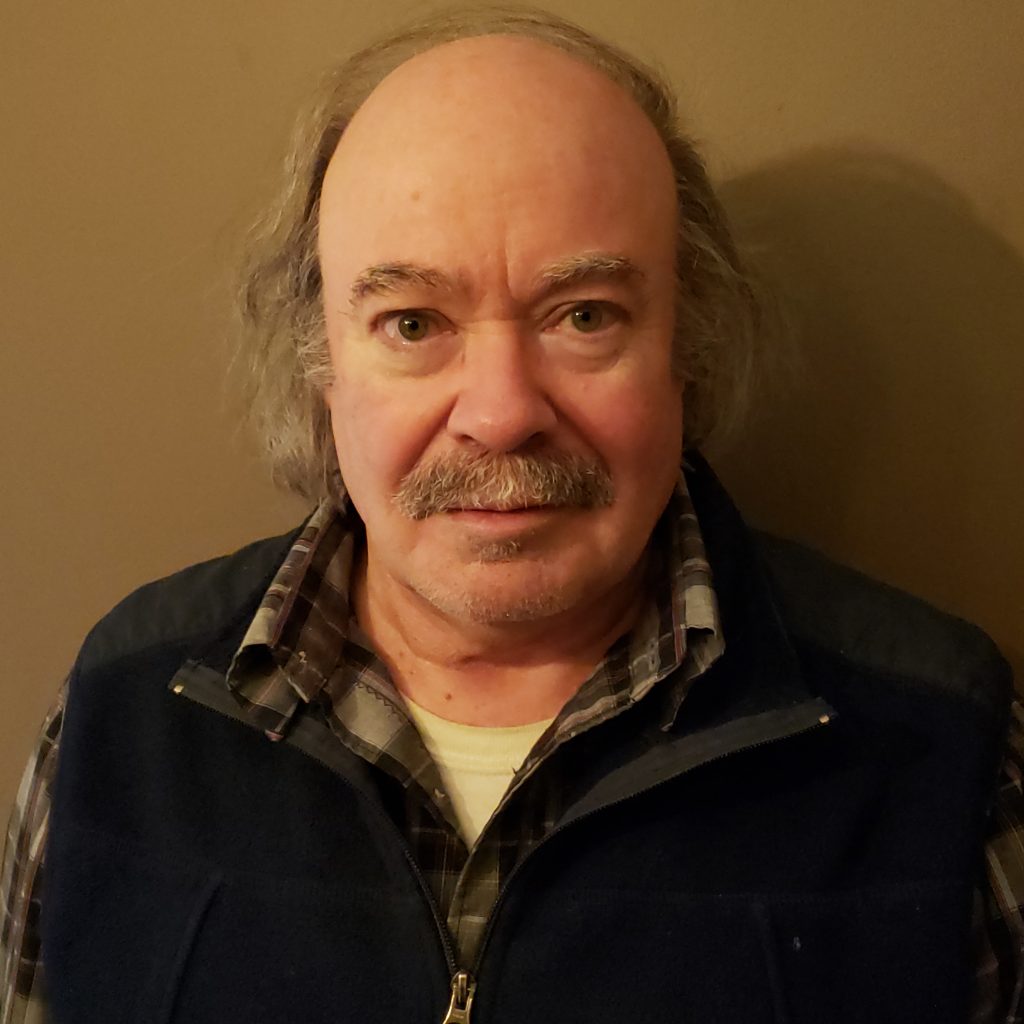The latest play by the Brandon University writing team of Dr. Darrell Racine and Prof. Dale Lakevold was recently named Best Full Length Play in Theatre BC’s Canadian National Playwriting Competition for 2022.
It marks the second year in a row that they have received the national award. Last year their play Owl Calling took the playwriting honours.


Their winning play this year — Rattle — follows the story of two best friends, both Sixties Scoop survivors in their early 40s, as they struggle with the trauma of being taken as children from their Indigenous families and adopted into non-Indigenous homes.
The Sixties Scoop took place in Canada from the 1960s into the 1980s when provincial child welfare agencies apprehended more than 20,000 First Nation, Métis, and Inuit children, and placed them with non-Indigenous families throughout Canada and the US.
According to Racine, the damaging effects of apprehension are lifelong, leading survivors to experience feelings of confusion and shame, and a loss of personal and cultural identity.
The play is based on the lives of Roberta MacKinnon, who is Dene and a BU graduate now living in Edmonton, and Robert Doucette, who is Métis and a former BU student from Saskatoon.
MacKinnon was taken at the age of two and adopted into a white Mennonite farm family in Alberta where she experienced abusive treatment in a strict religious environment. She never saw her biological mother again until she was nine. When she was 18, MacKinnon says she was reunited briefly with her mother.
“However, it soon became apparent,” she says, “that the damage was too great. In the end I realized our relationship could not be repaired.”
Doucette was apprehended by Social Services in Saskatchewan when he was five months old and placed in foster care with a white family in Prince Albert. He remained in care until his late teens, never having known his Metis family or community in all that time.
The play shows the two main characters coming to terms with the trauma they suffered as children and teenagers, says Racine.
“The audience sees the different paths that the two characters take so they can reconcile what they went through as children and begin to heal,” he says.
The process of healing starts for one character when she reads her Child and Family Services record. She learns about the pain that her teen mom felt at having her baby girl taken from her. The character always feared that her mom had not wanted her.
The other character’s journey becomes political. Like Doucette in real life, he initiates a class action lawsuit against the federal government for not compensating Métis survivors of the Sixties Scoop, as the government had done with First Nations and Inuit survivors.
“However, the character also needs to confront his personal trauma,” says Racine. “He goes out in search of his birth mom, and he finds her. But after so many years apart, the distance between them is too great.” He has to try again to get to know his mother.
Rattle is the latest in a series of five plays that Racine and Lakevold have written on Indigenous culture and history in Canada. Their ongoing project, says Racine, is concerned with reconciliation, redress, and healing.
The playwrights hope that Canadians will understand the responsibility they have for the troubled legacy of colonialism they have inherited.
“It isn’t good enough to say that what happened in our history is over and done with. Canadians have a responsibility to acknowledge and to redress the wrongs that were inflicted on Indigenous people,” Racine says.
“This is what reconciliation is all about. The past is still with us.”
He points out that one of their earlier plays, Franklins Fate, goes back to the pre-Confederation era and examines within the context of colonialism the search for the lost Franklin Expedition.
That play tells the story of Alexander Isbister, a young Métis man from the Red River who goes on to practice law in London. He becomes embroiled in Lady Franklin’s famous search and exposes the attitudes of racial and cultural superiority that were transplanted in the territory that would become Canada.
Unfortunately, says Racine, those attitudes from England in the 1850s are still present.
“We know that Canadian audiences are interested in Indigenous drama,” says Lakevold. “They want to be provoked by theatre that looks at Canadian history from other perspectives, such as those of Indigenous people.”
“Canadian theatres and publishers have become increasingly more receptive, as well, to Indigenous work,” he adds.
Contact
- Brandon University
- communications@brandonu.ca
To receive any BU publication in an alternate format please contact Communications@BrandonU.ca
About BU
Success is built at Brandon University. Our growing, progressive campus welcomes a diverse and inclusive community that combines proud tradition with shared ambition. Through our excellence in teaching, research, and scholarship, we educate students to make a meaningful difference as engaged citizens and leaders. Join us at BrandonU.ca.